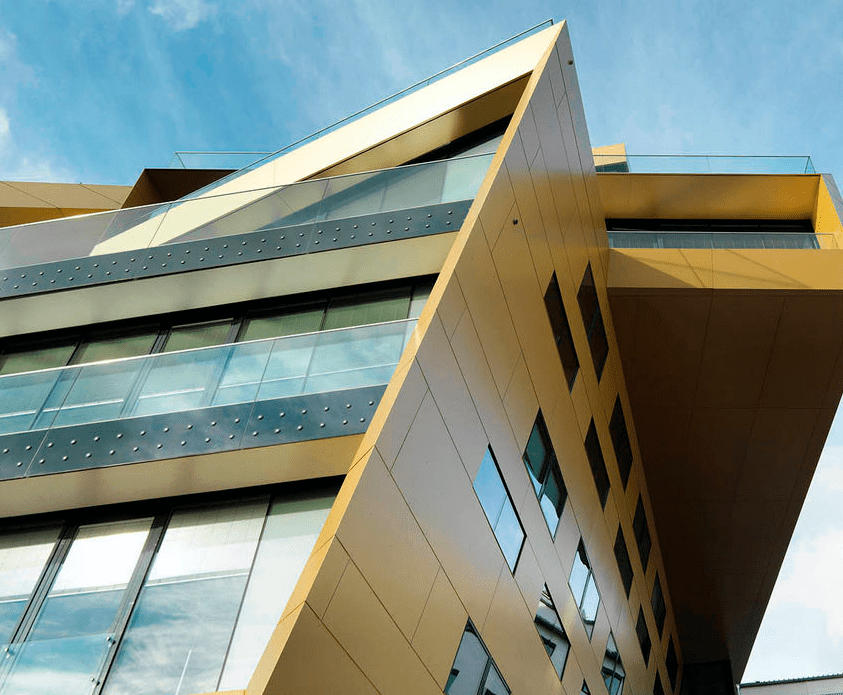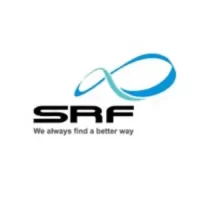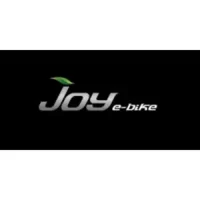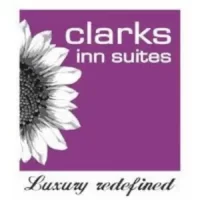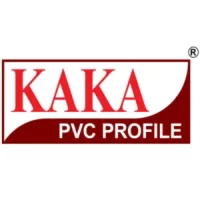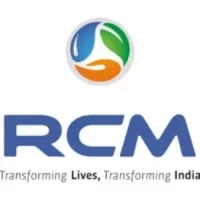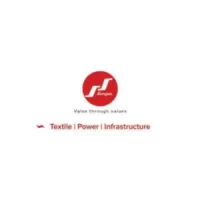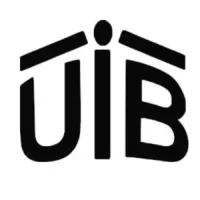ACP, or aluminium composite panel, is a flat panel made of two thin coil-coated aluminium sheets bonded to a non-aluminium core or thermoplastic polythene core, with a fire retardant core material placed between the two sheets. It performs better as a novel material in terms of benefits since it is made up of two independent components, metal and non-metal, as aluminium is metal and polyethylene plastic is non-metal. A sandwich panel is yet another name for ACP. In 1964, 3A Composite Corporation collaborated with BASF to create the aluminium composite panel.
May times there might be confusion about why should go for Aluminum composite panels over other materials? What are the characteristics of ACP panels? What are the applications of ACP panels?
Let’s understand more about.
What Are The Characteristics Of ACP Sheets?
Durability
Shapes that are difficult to create with traditional façade materials are easier to construct using ACP. Aluminum panels contribute to the creation of an appearance that is both functional and visually pleasing. Every building material must be durable, and aluminium becomes extremely resistant when mixed with zinc, magnesium, and copper. Without compromising structural integrity, aluminium panels can be cut, bent, drilled, twisted, and perforated. Aluminum panels, because of their flexibility, may be used in situations where other materials cannot. ACPs are also extremely long-lasting too.
Lightweight
Aluminum is a lightweight material that is perfect for cladding systems. Aluminum is 66% lighter than steel, making it a viable alternative.
Low-Cost Maintenance
In comparison to the cost and effort required to maintain wood, steel, or solid concrete walls, the cost and effort required to maintain aluminium cladding systems are essentially non-existent. Aluminum panels should be cleaned once a year in metropolitan areas, once a year in low rainfall and coastal areas, and 1-2 times a year in heavily industrialized areas. Apart from that, cleaning aluminium composite panels is straightforward. Rinse with water under moderate pressure to remove the filth.
Cost-Effective
Aluminum composite panels are a low-cost building material. Because panels are lightweight, there are fewer attaching places required, lowering labour and material costs. Aside from being simple to install and repair, the cost of maintenance is relatively low.
Panels have a variety of shapes and sizes. To satisfy the needs of users, aluminium panels can be cut, sheared, twisted, punched, drilled, profiled, and trimmed. All panels are available in a variety of standard colours to complement the colour scheme of your project or corporate building
Functionality
Thermal, acoustic, wind insulation, earthquake resistance, and fire resistance are all advantages of aluminium cladding systems and panels. Some of these functional characteristics lower energy costs. Other characteristics include anti-graffiti and simple cleaning, corrosion resistance, and recycling.
Corrosion-Resistant
Aluminum materials and composites are pre-treated, which means they have a corrosion-resistant coating. Even when not covered, aluminium panels are corrosion resistant. When aluminium is exposed to air, a thin coating of aluminium oxide accumulates, making the aluminium façade corrosion resistant. If your construction is in a harsh environment, a special coat and special care must be taken to protect your aluminium composite panels.
Construction Friendly
Aluminum is classified as a non-flammable construction material. Aluminum melts at temperatures as high as 600 degrees Celsius yet is not combustible. As a result, it is an environmentally friendly building material that does not generate harmful gases in the event of a fire.
What Are The Applications Of ACP Panels?
Aluminum Composite Panel, or ACP, is a modern material that is utilized for exteriors, interiors, and signage. It is available in a variety of colours and finishes, including wood, stone, dual-tone, and so on. And unlike any other material, it can be bent, folded, and twisted into shapes that no other material can. As a result, ACP provides greater design flexibility and is thus a designer’s dream. Aluminum composite panel manufacturers provide consumers with high-quality, low-cost, and ecologically responsible construction materials.
ACP In The Interior Designs
With today’s technology and understanding, the ACP sheet is frequently used in modern home kitchens. ACP is utilized in the construction of modular kitchen trolleys and cabinets. However, considerable caution is essential in kitchens where ACP is used since ACP may scratch easily when sharp utensils are used on it. Because the ACP used in kitchens is of lesser quality, scratches and dents can occur quickly and are permanent. To avoid major stains, the surface must be cleansed as soon as possible.
ACP In Retail Stores
It should be used with caution and thought in commercial settings such as stores, salons, and so on. ACP cladding is perfect for a false ceiling or small shelves. ACP, for example, is appropriate for salon and parlor shelves.
Signage
ACP sheet may be used to make a wide range of exterior signage. Because signs and hoardings are shown outside, where they must withstand temperature variations and the effects of harsh weather, ACP is the appropriate material for this use. ACPs are timeless, beautiful, sturdy, weather-resistant, stain-resistant, and lightweight, and can be made into closets, bookshelves, and furniture using fantastic array of finishing.
Partitions
Nowadays, most office buildings strive to optimize the use of available floor space. To do this, they build private separators that separate sections. ACP Panels are a popular material for the building of these walls. ACP is one of the greatest materials for this purpose because of its ease of handling and support. It is simple to do rid of the idea of keeping partitions and increasing space; simply remove the rivets or screws and shift them to anywhere you like. ACP is also less costly than other options, and as a result of these benefits, it is widely used in construction.
Cladding
Because of its outstanding durability and flexibility, ACP cladding may be used in both interior and exterior construction. Modern building is covered with ACP because it can withstand careful wear and strain, extending the life of the structure and façade.
Conclusion
Therefore, ACP sheets are easy to use and have a speedy installation process. It offers a broader colour pallet and is resistant to UV radiation and pollutants. ACP is environmentally benign, and panels are often made up of more than 85% recycled aluminium material. As a result, anytime you are undertaking any building, you should consider ACP sheets rather than any other standard material.

